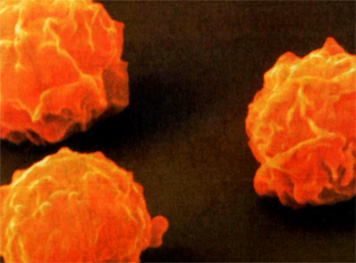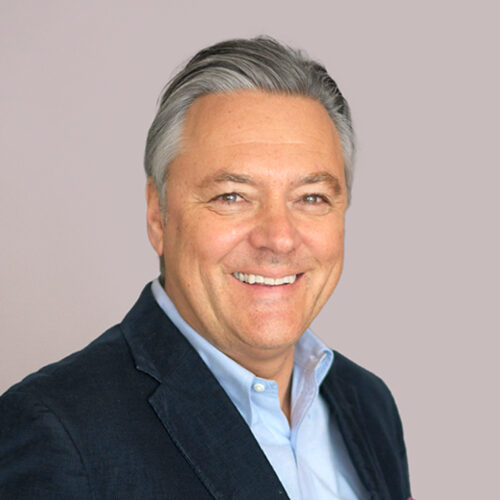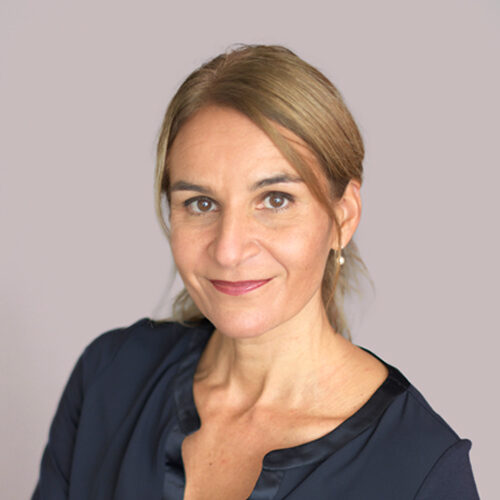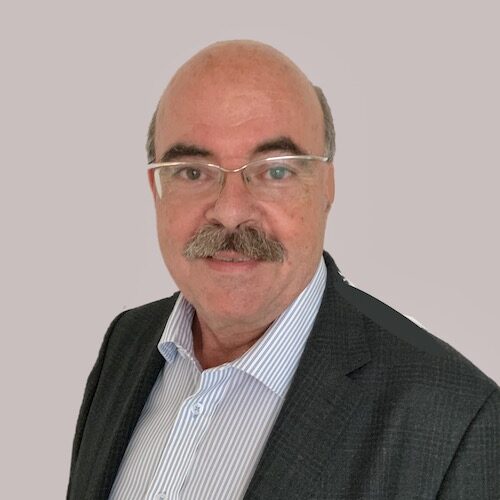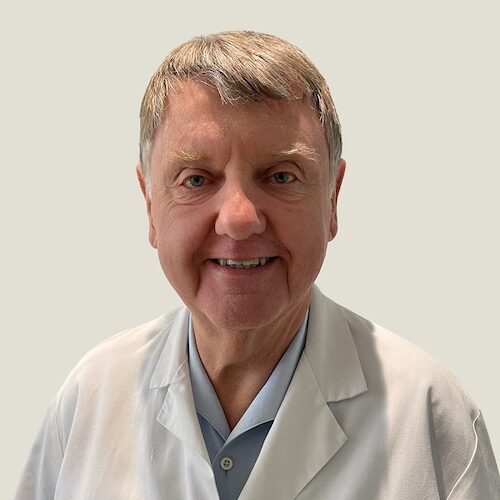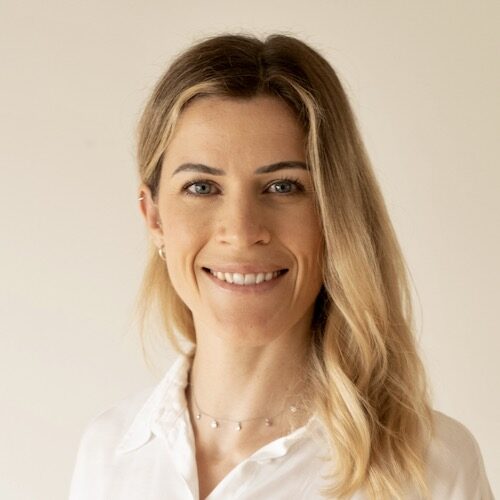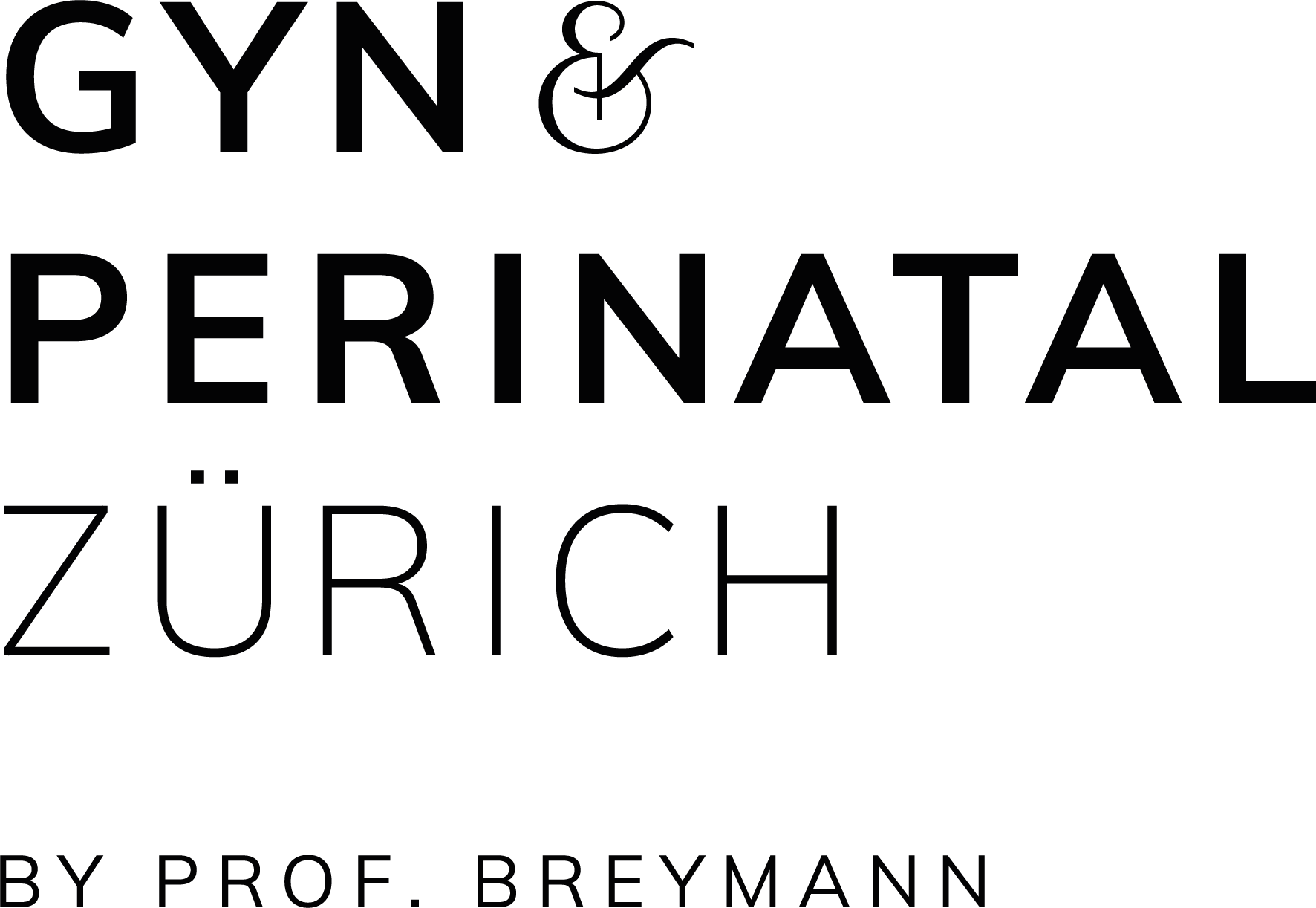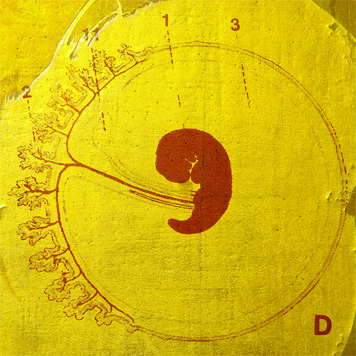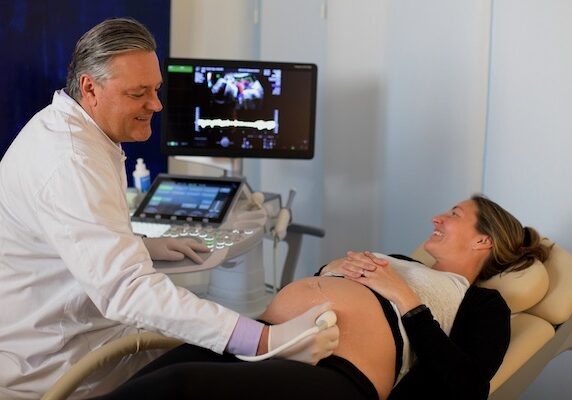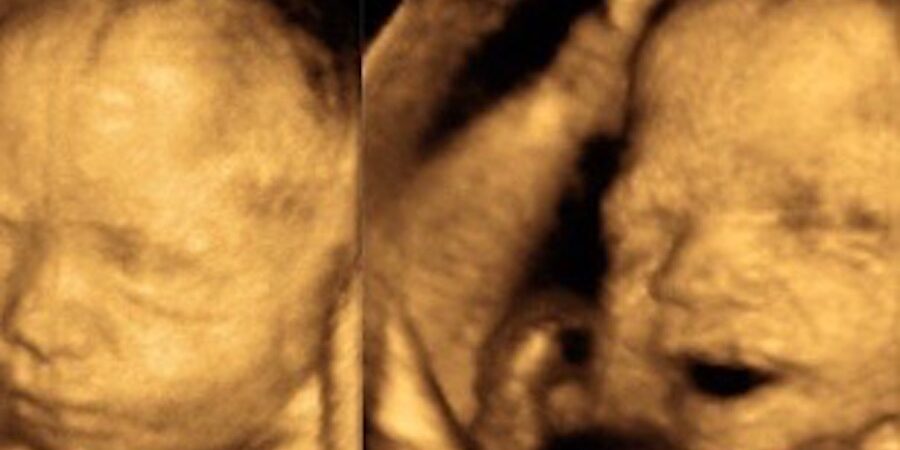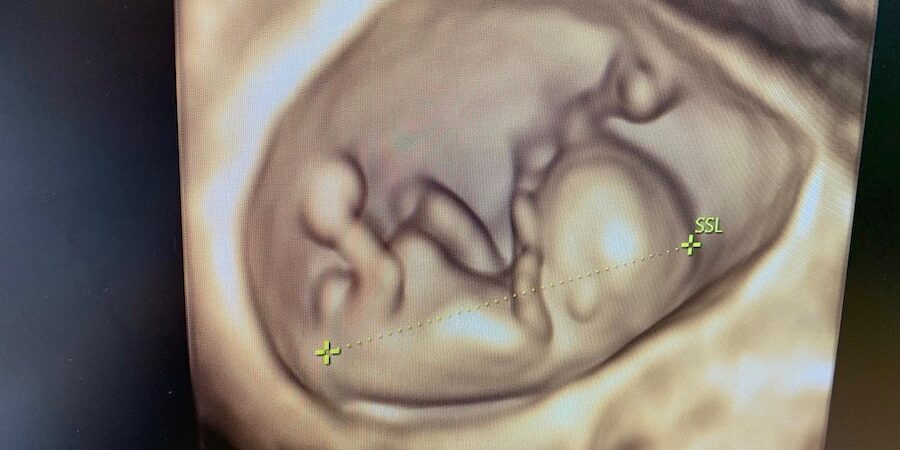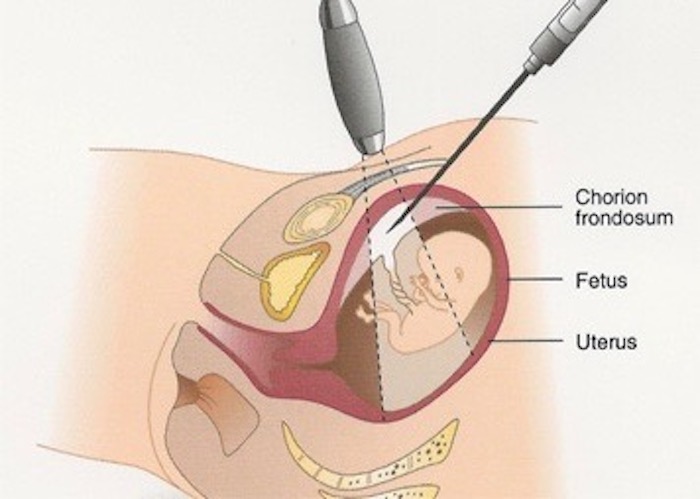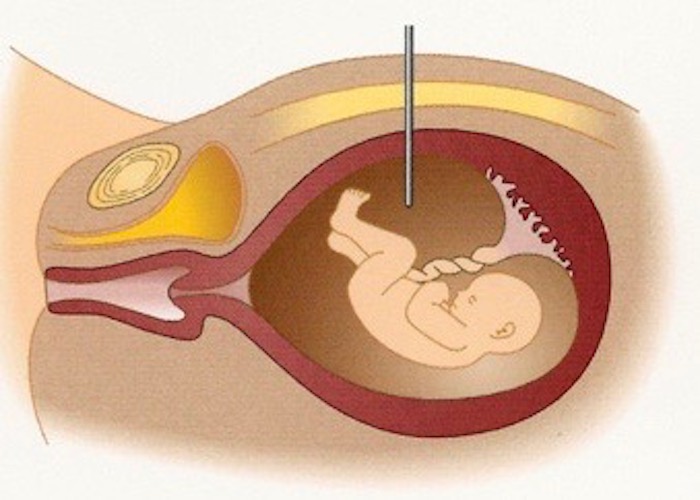Pregnancy and Birth
We advise and care for you before a planned pregnancy, during pregnancy and at birth. It is our concern to prepare you in the best possible way for an upcoming pregnancy, taking into account your risks or previous history or pre-existing illnesses.
During pregnancy, they receive intensive and attentive care, and pregnant women with additional risks in particular benefit from the many years of experience of Prof. Breymann and his team.
Trust in our competence, experience and empathy.

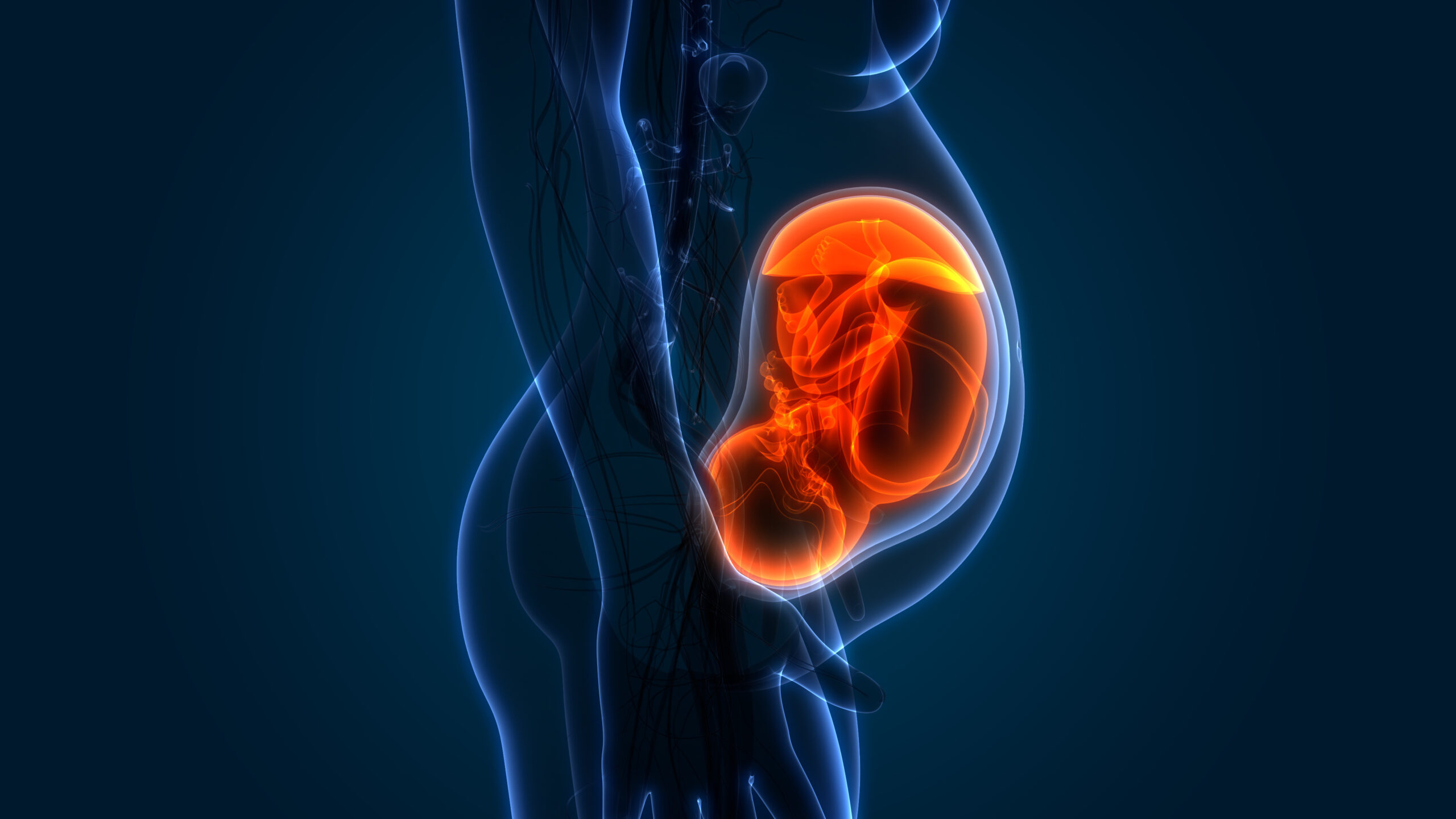
Perinatal medicine
Perinatal medicine (perinatology) includes the health care of pregnant women and the foetus before and after birth. Prof. Breymann is a designated specialist for high-risk and high-risk pregnancies. In addition, patients benefit from his knowledge in the field of vitamin and iron substitution.
We focus on counselling patients and couples with complex obstetric issues, such as pre-existing family stress, difficult pregnancies in the past and current high-risk pregnancies, for example with maternal diseases such as diabetes, kidney or heart diseases or disorders of the coagulation system.
Non-invasive prenatal diagnostics
Invasive prenatal diagnostics
Genetic techniques
Birth
Of course, we take into account your wish for a "natural" birth, but also the wish for a caesarean section (Sectio) or advise you on the best way of birth for you. In the case of caesarean section, Prof. Breymann uses the "gentle" (Misgav Ladach/Cohan) method, and in the case of vaginal birth we avoid the episiotomy whenever possible.
